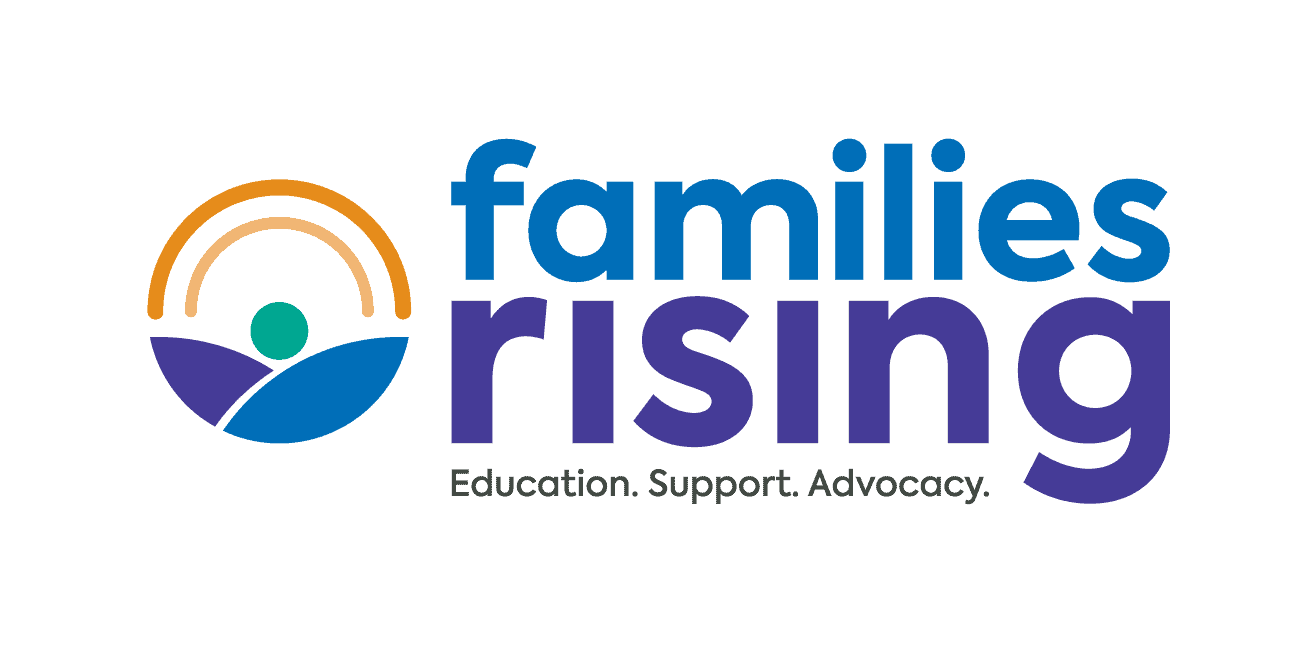From Adoptalk 2019, Issue 4; Adoptalk is a benefit of Families Rising membership.
By Matthew Kaplan
Matthew Kaplan is the content marketing strategist at Alternative Family Services. Since 1978, the mission of AFS has been—and continues to be—to support vulnerable children and families in need of stability, safety and well-being in communities through foster care, adoption and mental health services. Learn more at https://www.afs4kids.org/.
Whether a child is in care for a short time or whether they need an adoptive family, it is critical for their foster or adoptive parents to be able to form a bond with them. After all, it is hard to provide love and care if there is no bond between adult and child. However, forming a meaningful relationship with a child who has experienced abuse and neglect can sometimes be challenging. The young person may be untrusting toward adults due to their past experiences.
So, how can foster or adoptive parents form a true bond with a child? Here are some professional tips to help you build rapport and a meaningful relationship with youth in your care.
Be Honest
Kids—especially older youth and teenagers—often know when they are being lied to. Fibbing or avoiding the whole truth can sometimes seem convenient or safer in the moment, but remaining truthful and having an honest and age-appropriate conversation will have a greater impact and can support trust in the long-term. It’s impossible to truly form a bond without basic trust. This need for trust and honesty is especially key in adoption situations. As you move toward and through the adoption process, many feelings can arise for children. Be honest and open with them, and tell them what is and might be happening—be transparent and as communicative as possible before and after any major steps in the process.
Use High-Interest Events and Activities
For many kids, it can be hard to open up and be themselves in new and unfamiliar situations. As a parent, it’s your job to find out what they like doing and provide them with the opportunities to explore those interests. Once engaged in an activity or event they’re interested in, youth may feel relaxed and be more apt to be open and honest with you. It also shows that you care about them and are willing to do things they choose, which again helps to develop trust and understanding. If you’re having a hard time learning their interests, create a list of possible activities (attending a sporting event or concert, participating in sports, taking a class, or even just getting together with a friend) and make suggestions. If you don’t get an answer, give different things a try and see what gets them excited.
Maintain Connections to Birth Family
Studies have shown that having a connection with birth family members can be an important part of the healing process for youth in foster care. Whenever possible, provide opportunities for the child to stay in contact and maintain meaningful relationships with their birth family members. This way, the child knows that you care about their family and want to keep those bonds alive. Especially for youth that feel as though they have been taken away from the lives and people they have always known, keeping connections open with birth family members is a great way to develop trust with them.
Ask Thoughtful Questions and Value Answers
When people’s thoughts and feelings are seriously considered and valued, they will likely increase their level of participation and commitment. The same holds true with youth in care. By asking questions in ways that show you care about and value their thoughts, opinions, and contributions, you can help establish trust and increase their participation in the family. In particular, ask open-ended questions and help them draw parallels to other moments in their life. This way, they can begin to more effectively process their current situation and see you as a trusted ally. Along the way, highlight their growth and accomplishments. One effective strategy to engage in deeper conversations with youth who have difficulty engaging is to talk while driving in a car, taking a hike, or cooking together—any activity that is done without demanding eye contact.
Practice Positive Parenting Strategies
Parenting presents challenges at every stage. It’s important to learn proven and effective techniques that will help you address the mental, emotional, and behavioral needs of the kids or teens in your care. Learning and applying parenting techniques by reading books, taking online courses, or participating in workshops in your community will help you have the confidence to create a safe environment, use effective discipline, establish goals and boundaries, and ultimately strengthen your family unit. Positive Parenting Program (Triple P) and the Incredible Years are two examples of parent education. Child Information Gateway (childwelfare.gov) also provides a comprehensive list of parent education programs, including courses for families involved in the child welfare system.
Provide Structure and Be Open-Minded
Youth who have been in foster care often come from unstable environments. Many may feel as though they can’t trust adults because those who have been in their lives may have been unpredictable and unreliable. As a defense mechanism, youth may try to avoid establishing feelings for the new people in their lives because they’ve come to expect disappointment.
By providing kids and teens with an accepting and structured home, you can go a long way toward helping kids feel comfortable and safe, and ultimately help them trust again. Helping with homework, having set evening and bedtime routines, and scheduling a weekly movie night are a few examples of how you can help provide stability in the home.
Tailor Your Actions Based on the Child in Front of You
No two children are the same, so no one path is going to lead total strangers into forming a lasting bond. Everyone has different needs, worries, joys, anxieties, histories, etc., and this needs to be taken into account by foster and adoptive parents.
And, of course, it is critical to take a child’s age—and developmental age—into account. While some strategies are ideal for teenagers, they are less likely to benefit toddlers, and vice versa. Consider the child’s emotional, intellectual, and developmental capabilities before determining the best ways to care for them.
Have Realistic Expectations for Yourself
You are not superhuman. Everyone is human, including foster and adoptive parents. Consider your needs and how you can meet them. Self-care is critical, as it is hard to care for a child if you’re not in an ideal state.


